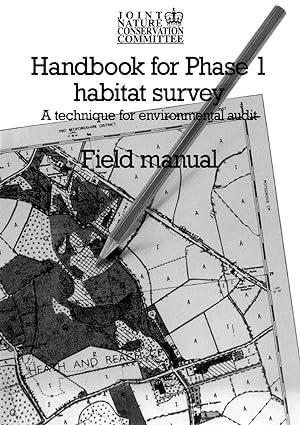Question
Dawson Toys, Ltd., produces a toy called the Maze. The company has recently created a standard cost system to help control costs and has established
Dawson Toys, Ltd., produces a toy called the Maze. The company has recently created a standard cost system to help control costs and has established the following standards for the Maze toy:
Direct materials: 7 microns per toy at $0.33 per micron
Direct labor: 1.2 hours per toy at $7.00 per hour
During July, the company produced 5,100 Maze toys. The toy's production data for the month are as follows:
Direct materials: 74,000 microns were purchased at a cost of $0.31 per micron. 29,375 of these microns were still in inventory at the end of the month.
Direct labor: 6,520 direct labor-hours were worked at a cost of $48,900.
Required:
1. Compute the following variances for July: (Indicate the effect of each variance by selecting "F" for favorable, "U" for unfavorable, and "None" for no effect (i.e., zero variance). Input all amounts as positive values. Do not round intermediate calculations. Round final answer to the nearest whole dollar amount.)
a. The materials price and quantity variances.
b. The labor rate and efficiency variances.
2. Marvel Parts, Inc., manufactures auto accessories. One of the companys products is a set of seat covers that can be adjusted to fit nearly any small car. The company has a standard cost system in use for all of its products. According to the standards that have been set for the seat covers, the factory should work 1,035 hours each month to produce 2,070 sets of covers. The standard costs associated with this level of production are:
| Total | Per Set of Covers | ||||
| Direct materials | $ | 31,878 | $ | 15.40 | |
| Direct labor | $ | 6,210 | 3.00 | ||
| Variable manufacturing overhead (based on direct labor-hours) | $ | 4,347 | 2.10 | ||
| $ | 20.50 | ||||
During August, the factory worked only 500 direct labor-hours and produced 1,700 sets of covers. The following actual costs were recorded during the month:
| Total | Per Set of Covers | ||||
| Direct materials (5,000 yards) | $ | 25,500 | $ | 15.00 | |
| Direct labor | $ | 5,440 | 3.20 | ||
| Variable manufacturing overhead | $ | 4,080 | 2.40 | ||
| $ | 20.60 | ||||
At standard, each set of covers should require 2.0 yards of material. All of the materials purchased during the month were used in production.
Required:
1. Compute the materials price and quantity variances for August.
2. Compute the labor rate and efficiency variances for August.
3. Compute the variable overhead rate and efficiency variances for August.
3. Becton Labs, Inc., produces various chemical compounds for industrial use. One compound, called Fludex, is prepared using an elaborate distilling process. The company has developed standard costs for one unit of Fludex, as follows:
| Standard Quantity or Hours | Standard Price or Rate | Standard Cost | |||||
| Direct materials | 2.40 | ounces | $ | 21.00 | per ounce | $ | 50.40 |
| Direct labor | 0.80 | hours | $ | 15.00 | per hour | 12.00 | |
| Variable manufacturing overhead | 0.80 | hours | $ | 3.50 | per hour | 2.80 | |
| Total standard cost per unit | $ | 65.20 | |||||
During November, the following activity was recorded related to the production of Fludex:
- Materials purchased, 13,500 ounces at a cost of $266,625.
-
There was no beginning inventory of materials; however, at the end of the month, 4,200 ounces of material remained in ending inventory.
-
The company employs 24 lab technicians to work on the production of Fludex. During November, they each worked an average of 140 hours at an average pay rate of $14.50 per hour.
-
Variable manufacturing overhead is assigned to Fludex on the basis of direct labor-hours. Variable manufacturing overhead costs during November totaled $6,800.
-
During November, the company produced 3,800 units of Fludex.
Required:
1. For direct materials:
a. Compute the price and quantity variances.
b. The materials were purchased from a new supplier who is anxious to enter into a long-term purchase contract. Would you recommend that the company sign the contract?
2. For direct labor:
a. Compute the rate and efficiency variances.
b. In the past, the 24 technicians employed in the production of Fludex consisted of 4 senior technicians and 20 assistants. During November, the company experimented with fewer senior technicians and more assistants in order to reduce labor costs. Would you recommend that the new labor mix be continued?
3. Compute the variable overhead rate and efficiency variances.
Sorry for the 3 questions this is the last question I have this sub period. Forgive me
Step by Step Solution
There are 3 Steps involved in it
Step: 1

Get Instant Access to Expert-Tailored Solutions
See step-by-step solutions with expert insights and AI powered tools for academic success
Step: 2

Step: 3

Ace Your Homework with AI
Get the answers you need in no time with our AI-driven, step-by-step assistance
Get Started


